

CSEA hosted a sensitization workshop in collaboration with the National Bureau of Statistics (NBS), titled "Understanding New Nigerian Labour Force Statistics," on Monday, March 18, 2024 in Abuja, Nigeria.
The event provided a platform for experts and other stakeholders to deliberate on the importance and impact of Labour force statistics data for policy formulation and resource allocation, amongst others.
The workshop featured presentation that provided an overview of the National Labour Force Statistics and the Nigerian labour market; highlighting critical indicators and trends such as labour force participation, unemployment rates, demograpghy, etc
The panel conversations explored the role of labour force data in Nigeria's employment generation strategies and skills development programs, the challenges government agencies face in accessing accurate statistics, and the potential for academic institutions to collaborate with policymakers to translate labour market research into actionable policy recommendations.
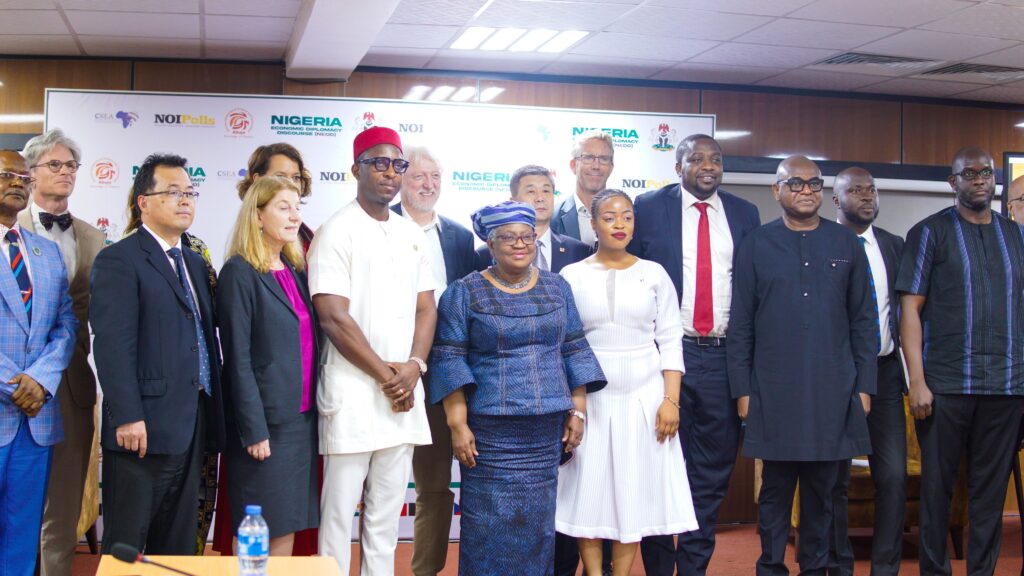
The Centre for the Study of the Economies of Africa (CSEA) in partnership with NOIPolls and the African University of Science and Technology (AUST), launched the Nigeria Economic Diplomacy Discourse (NEDD). The event was held on March 13, 2024, at the CSEA Conference Room in Abuja.
The event consisted of three presentations led by Dr. Chukwuka Onyekwena, Executive Director, CSEA who introduced the NEDD framework; Dr. Chike Nwangwu, Chief Executive Officer, NOIPolls, explained Perception Polls and Professor Azikiwe Peter Onwualu, President, AUST, gave an overview of Trade policy and Economic diplomacy.
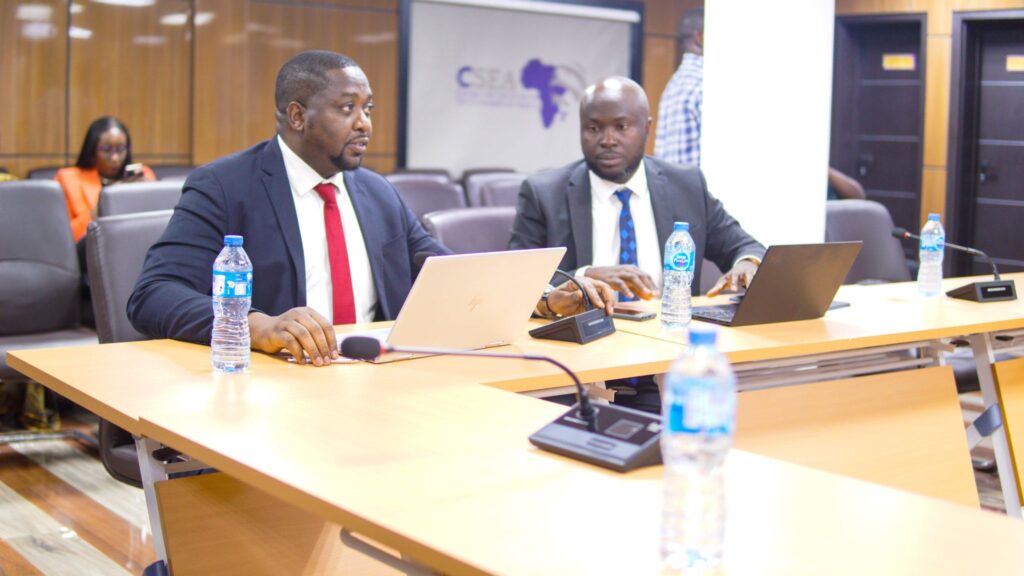
The presentations shed light on the critical role of economic diplomacy in driving global prosperity.
The panel session provided an opportunity to reflect on the recently launched trade policy and how it will impact Nigeria. Led by Prof. Kingsley Moghalu, President, Institute for Governance and Economic Transformation (IGET) and Amb. Elijah Onyeagba, Former Nigerian Ambassador to Burundi, the exchange of ideas offered valuable insights, contributing to a deeper understanding of economic dynamics and diplomatic relations in Nigeria and beyond.
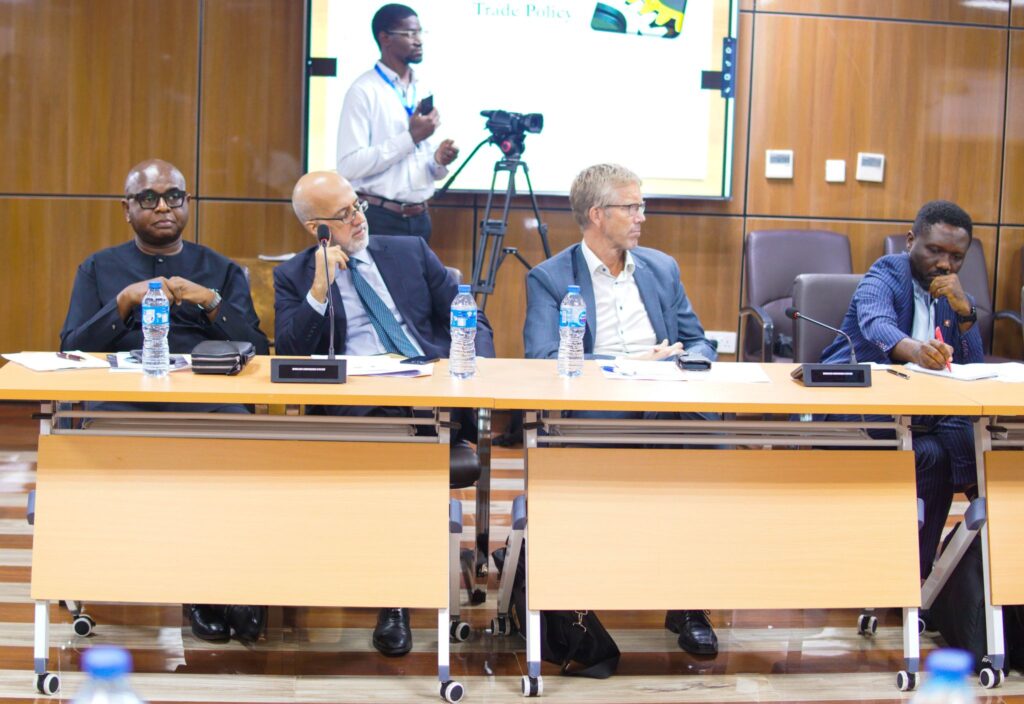
The highlight of the event was the Fireside chat themed “Reflection on 2024 WTO Ministerial” featuring Dr. Ngozi Okonjo-Iweala, Director General, World Trade Organization (WTO).
Dr. Okonjo-Iweala discussed the effectiveness of international economic diplomacy in over 70 countries and noted the challenges of attracting others. She explained that the WTO had extended the period by two years, after which the window for trade policies would be closed.
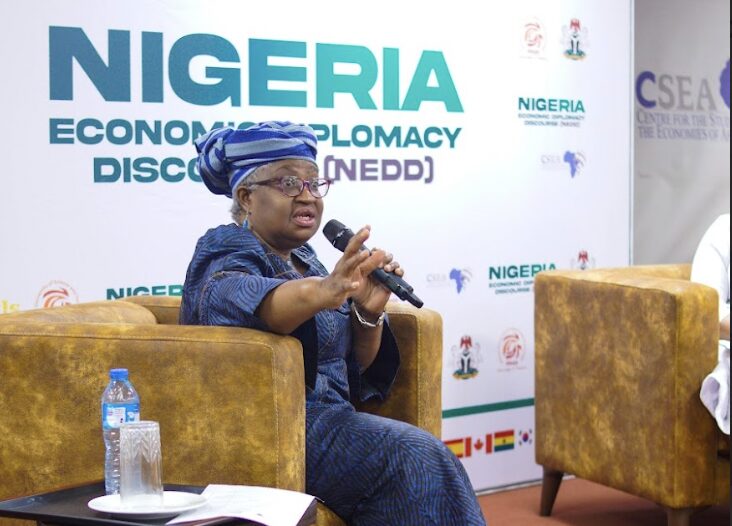
Dr. Adedeji Adeniran, Director of Research, CSEA provided the closing remarks and extended well wishes to the Heads of Missions and representatives of the embassies of Brazil, India, Germany, Czech Republic, China, Sweden, Burundi, Norway, Sweden, Belgium, Switzerland, and South Africa and other high-level participants who actively engaged in the event.
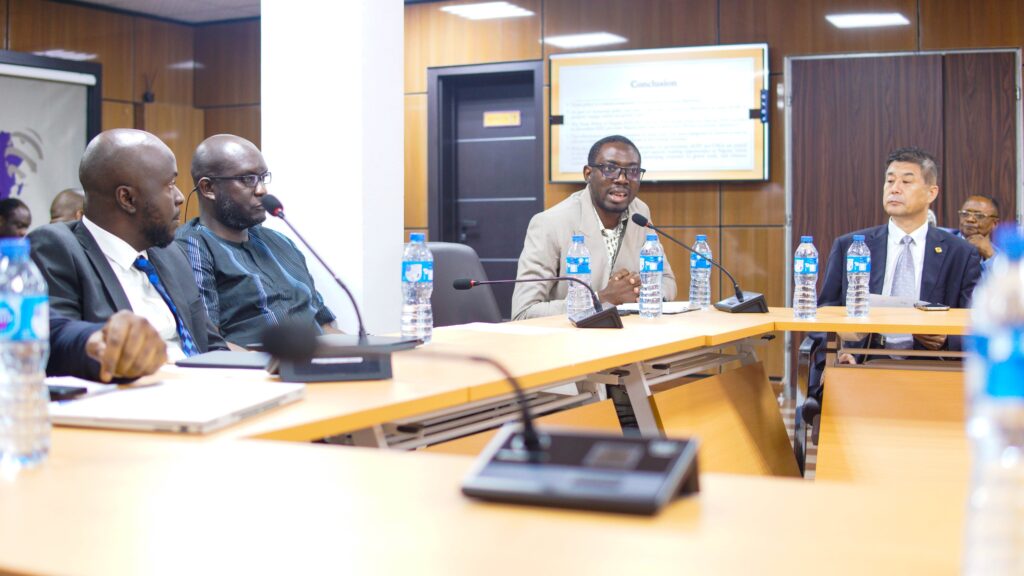
The NEDD launch is expected to pave the way for collaborative solutions and meaningful engagements in fostering trade relations and sustainable growth.
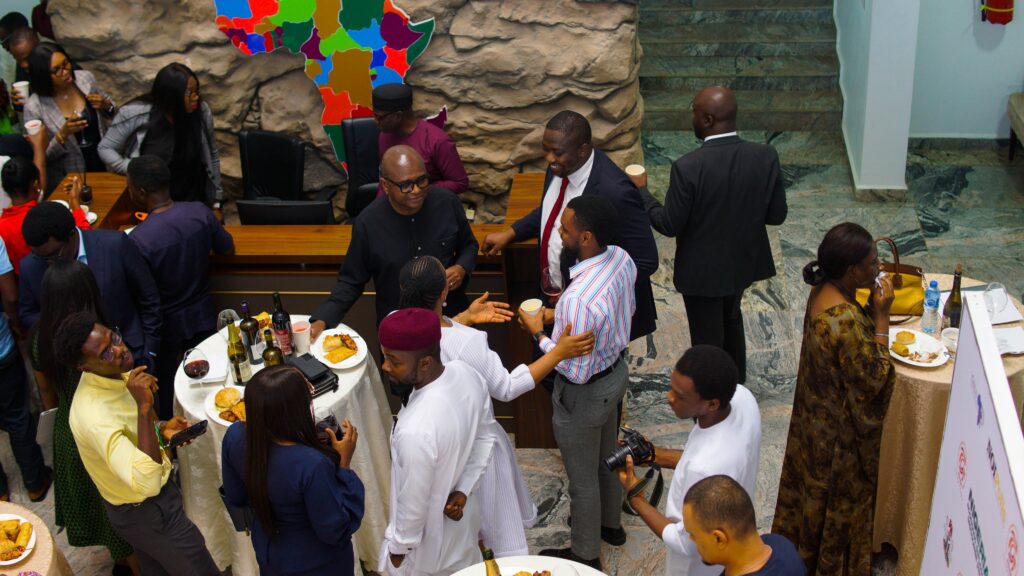
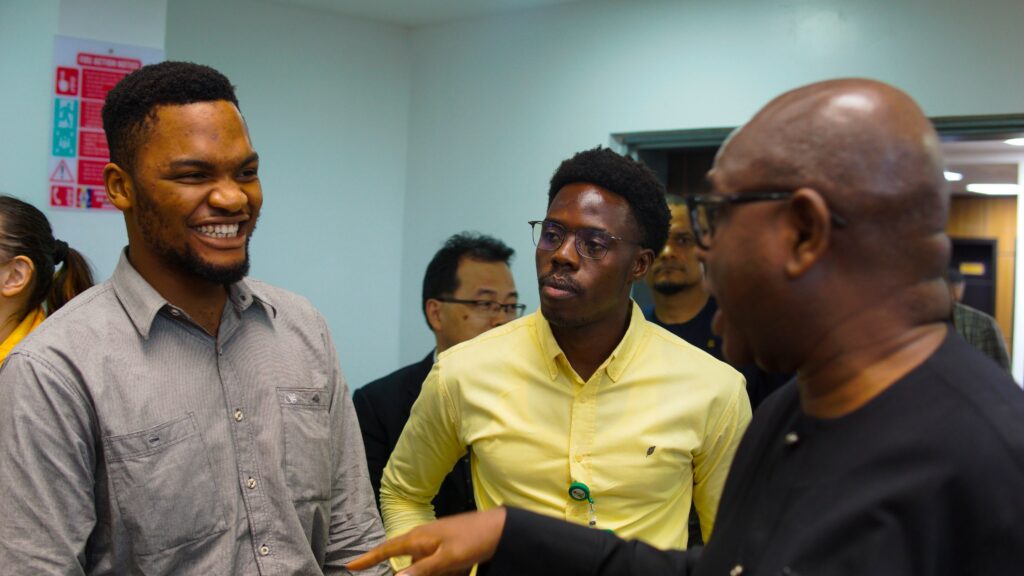
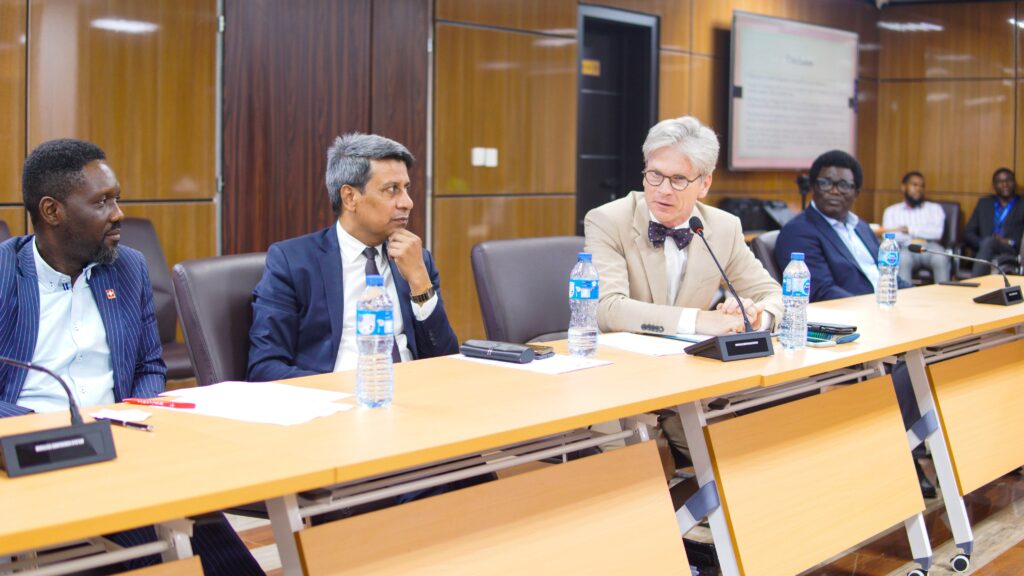
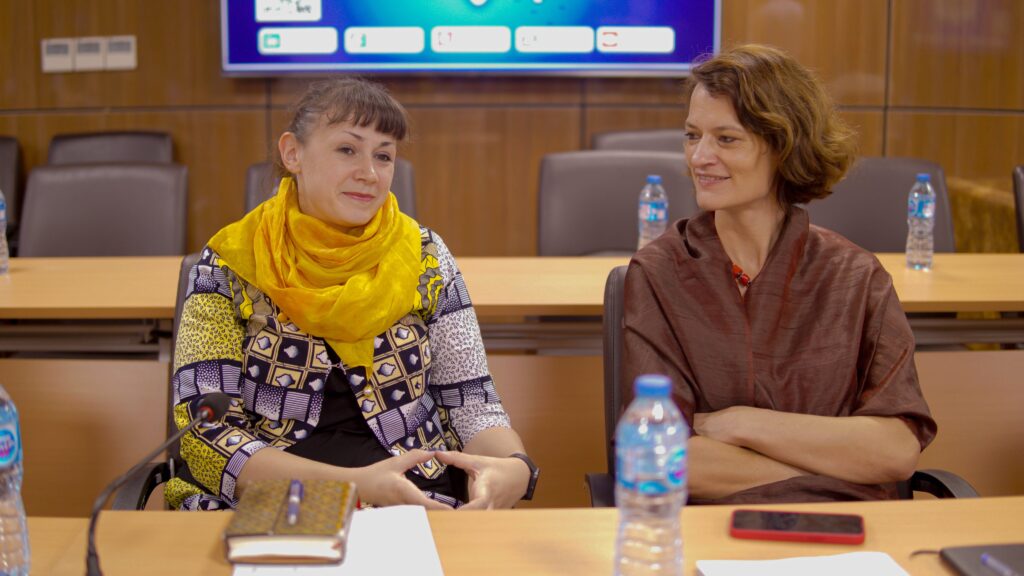
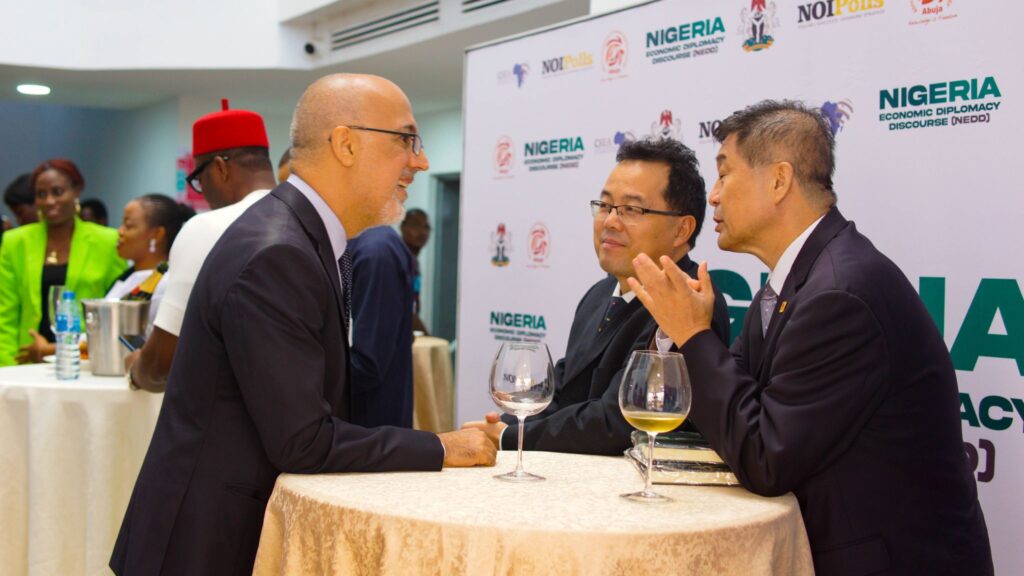
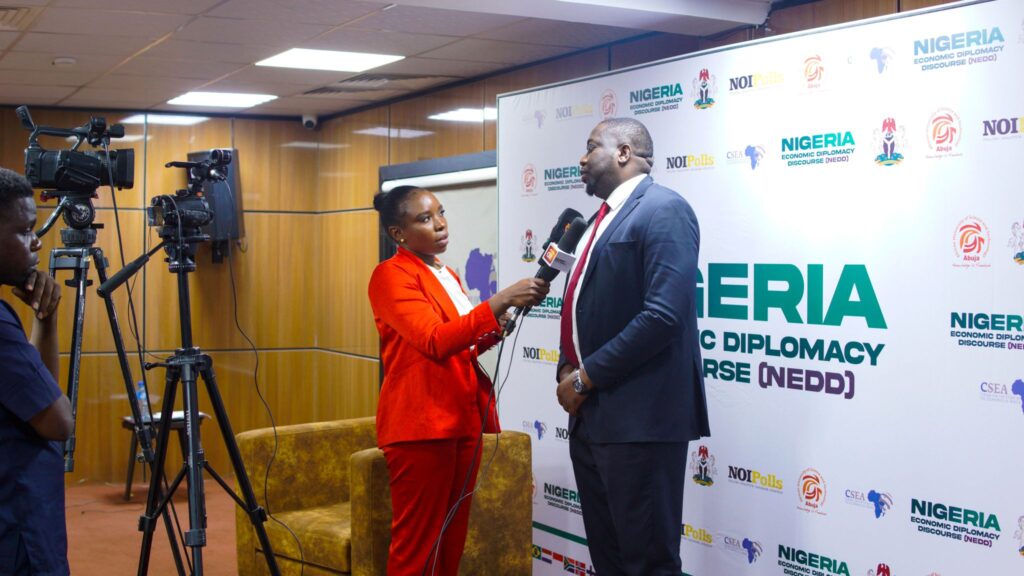
Fidelis Obaniyi, Research Associate, represented CSEA at a public presentation of findings from the study, “Potential Fiscal and Public Health Effects of SSB Tax in Nigeria”, organised by Corporate Accountability and Public Participation Africa (CAPPA) on February 27 and 29, 2024 in Abuja and Lagos respectively.
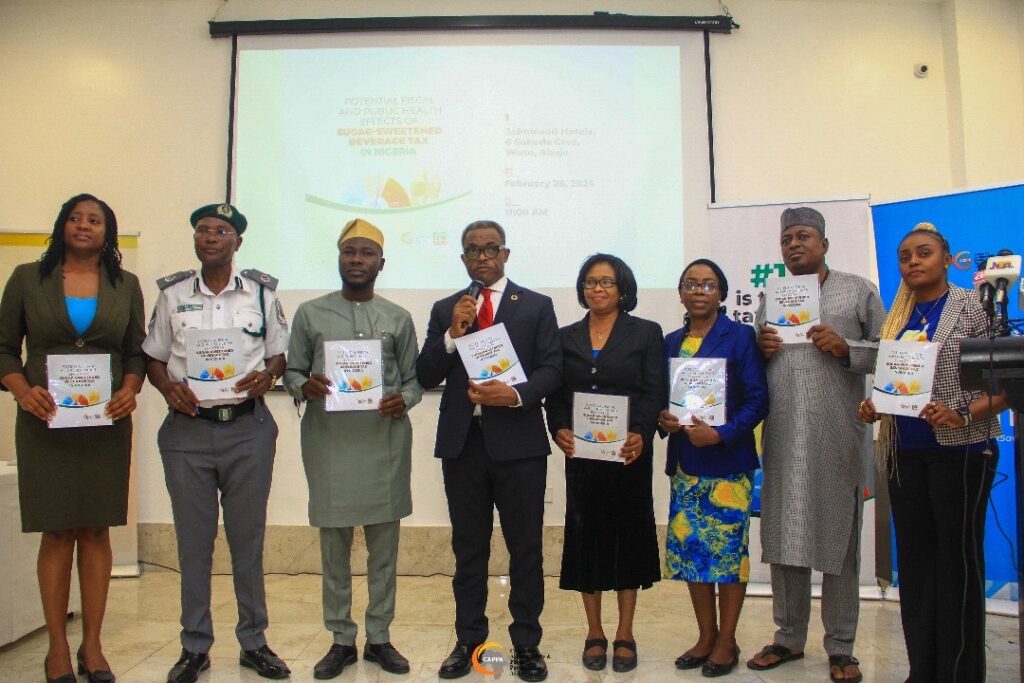
The Sugar-Sweetened Beverage (SSB) Tax research study, led by CSEA, seeks to contribute significantly to the improvement of Nigeria's health outcomes by enabling data-driven policy decisions and interventions to combat Non-Communicable Diseases (NCDs).
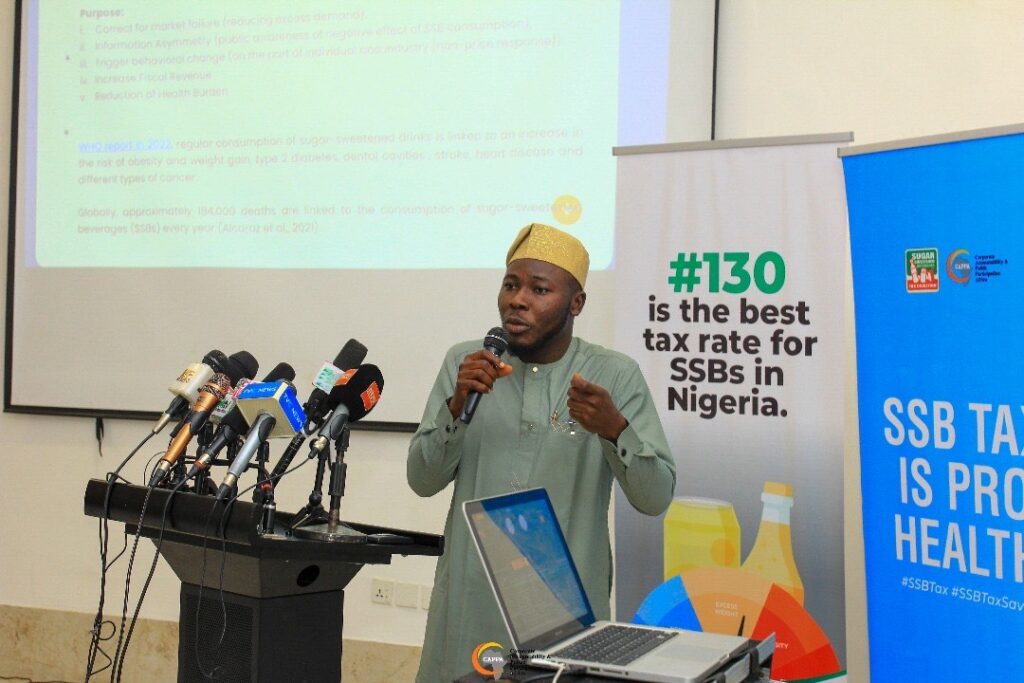
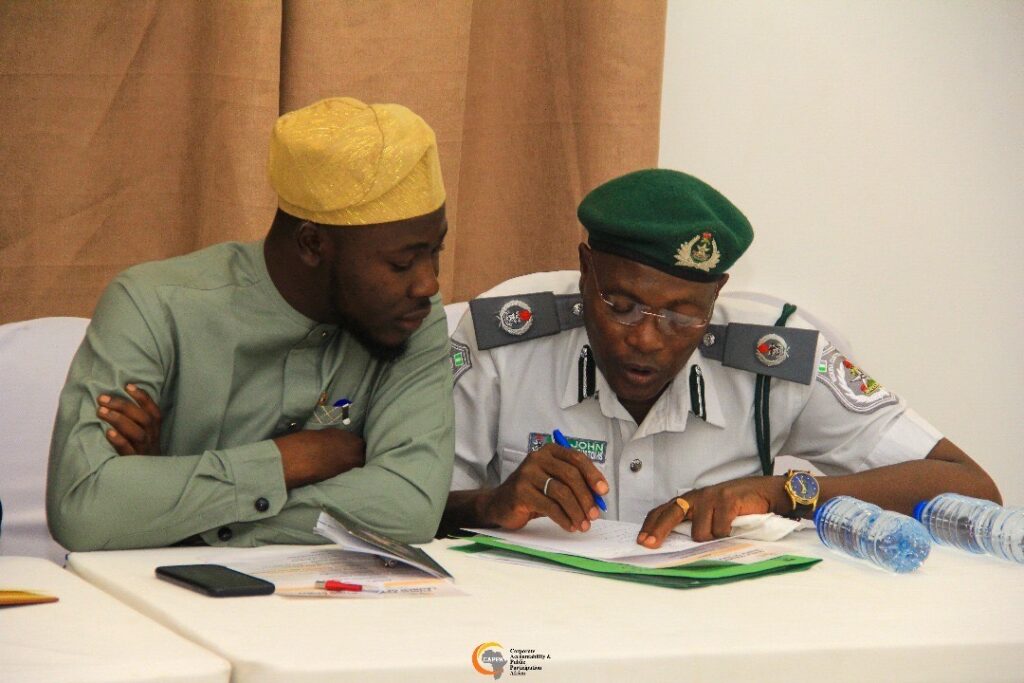
The Sugar-Sweetened Beverage (SSB) Tax research study, led by CSEA, seeks to contribute significantly to the improvement of Nigeria's health outcomes by enabling data-driven policy decisions and interventions to combat Non-Communicable Diseases (NCDs).
In summary, the study suggests that a raise in SSB tax from the current N10 per litre to N130 per litre has the potential to generate substantial revenue and improved public healthcare in Nigeria.
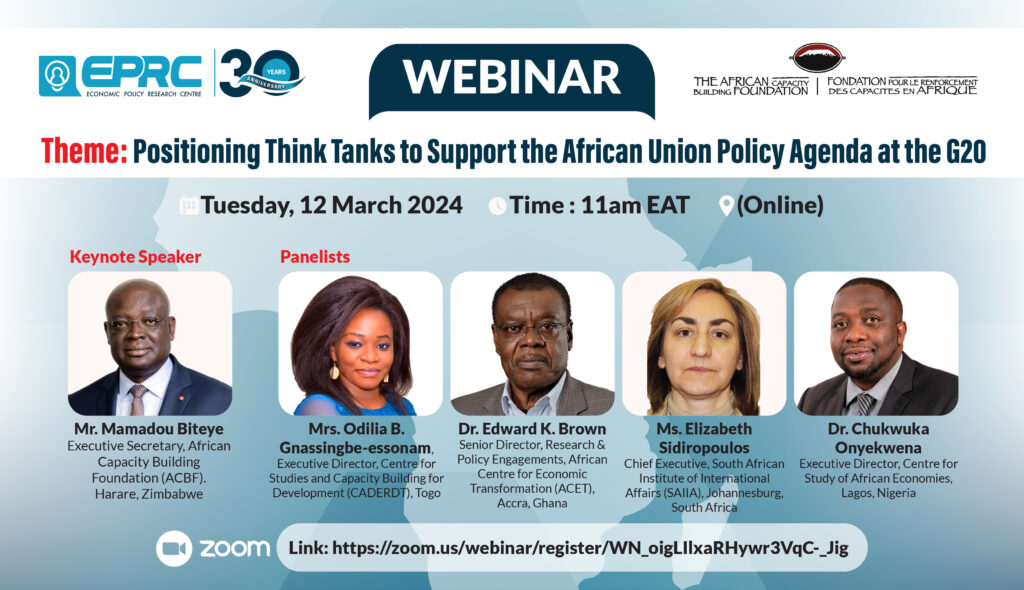
CSEA Executive Director, Dr Chukwuka Onyekwena joined The African Capacity Building Foundation (ACBF) & Economic Policy Research Centre(ERPC) online discourse as a panellist to explore how think tanks can bolster the African Union's Policy Agenda.
The webinar provided a platform for discussions on how think-tanks can leverage the era of technological innovation to deepen evidence generation and policy influence, as well as how they can influence the African policy agenda at G21 for the socioeconomic development of Africa.
Dr. Onyekwena called on think tanks to position themselves to interrogate geopolitical issues and embrace innovative solutions to amplify the African voice on the G20.
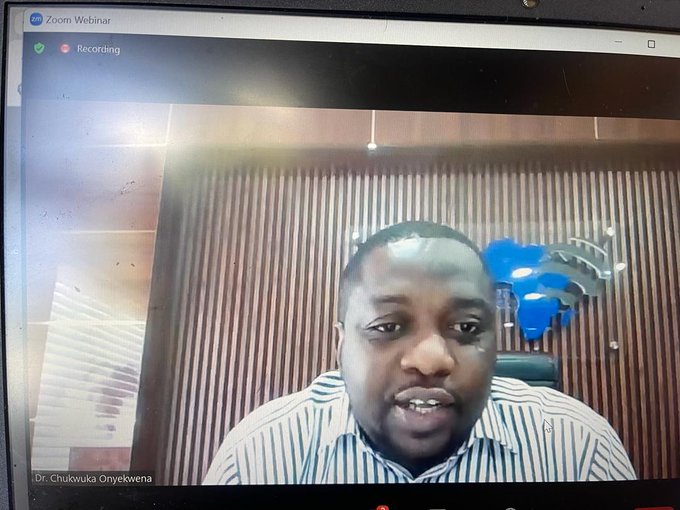
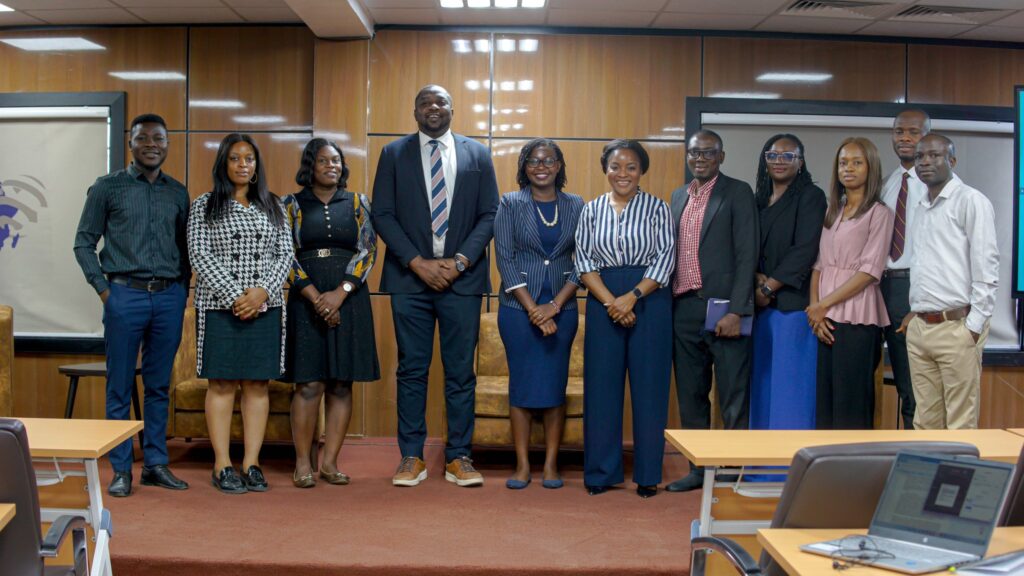
In furtherance of our work on tobacco control in Africa, we are pleased to announce that CSEA has been selected as the Tobacco Control Data Initiative's (TCDI 2.0) sustainability partner. The TCDI platform enhances access to country-specific data, enabling better tobacco control policy planning and execution across Africa.
As part of our onboarding process, we hosted representatives from the Development Gateway, Winnie Awuor (Program Manager, TCDI) and Seember Ali (Country Lead for Nigeria, TCDI), for an informative introduction to the TCDI 2.0 program at the CSEA office in Abuja, Nigeria, on Monday, 19 February 2024.
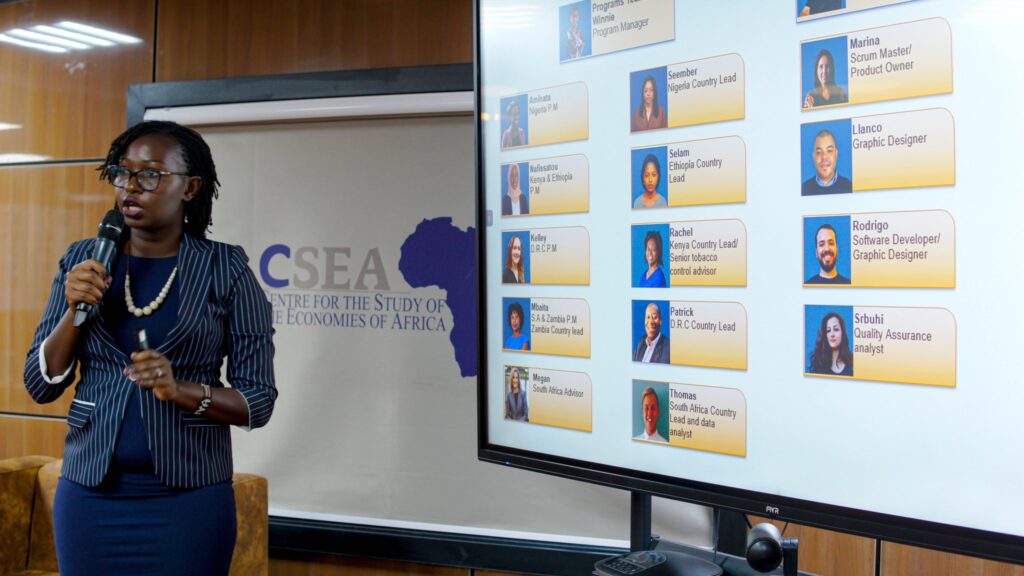
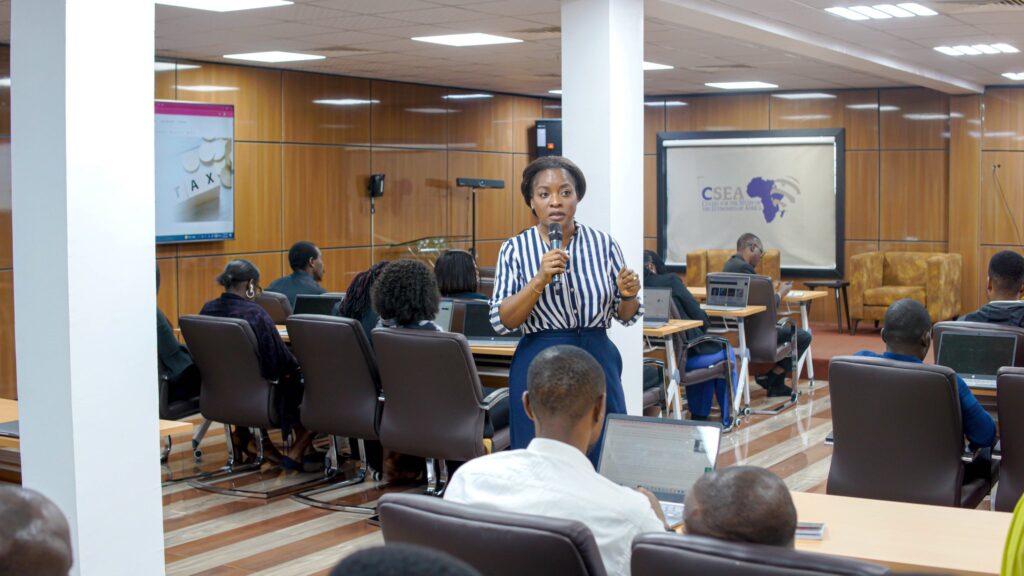
Following this meeting, the Development Gateway organised a kick-off workshop last at the Marriot Hotel in Lagos. The meeting provided a platform for both teams to exchange knowledge and set the direction for the project expectation over the next four years. The meeting also featured capacity building sessions and presentations from different country leads on research methods, media and tobacco control and much more.
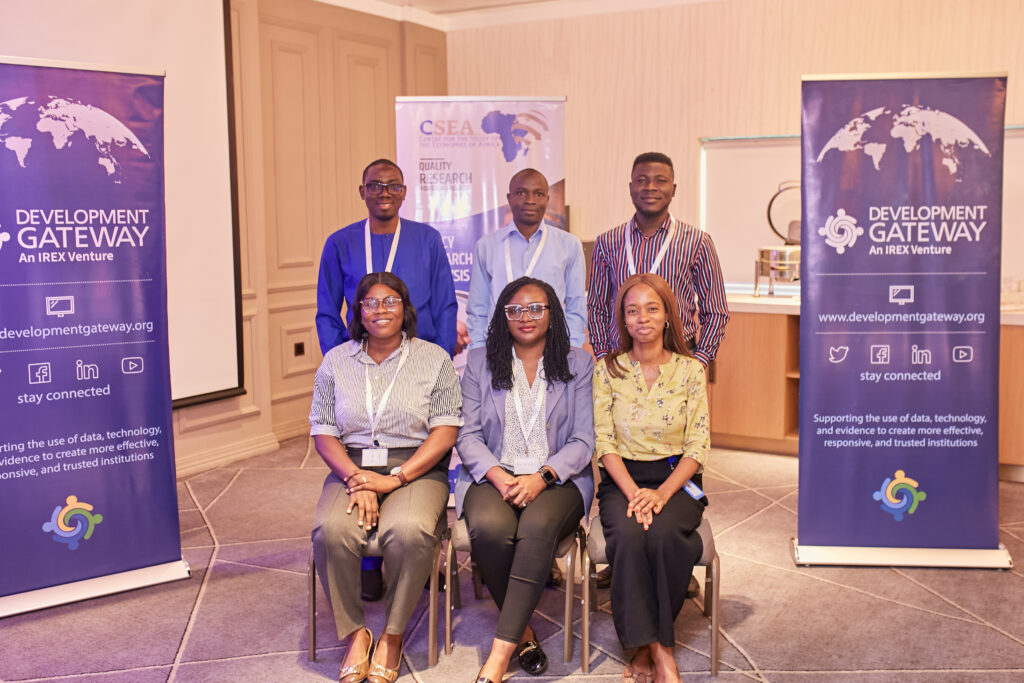
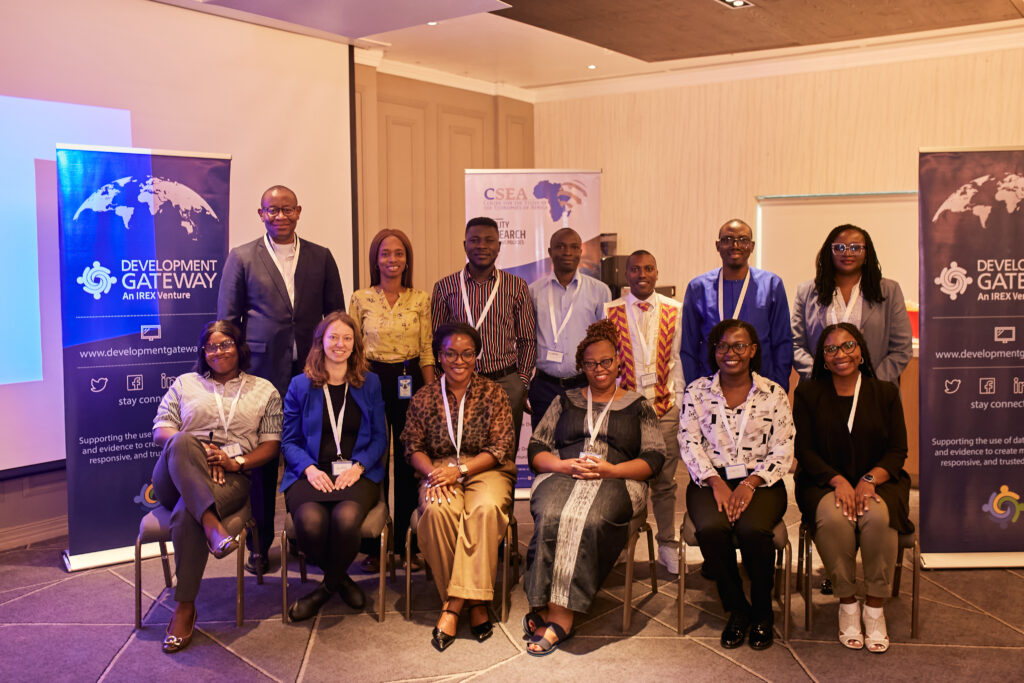
We are excited about the prospects of this initiative, and we look forward to collaborating with key actors in the tobacco control sector, including government and non-governmental health organizations, advocacy groups, and the media, among others, to achieve the program's objectives.
Learn more about the TCDI 2.0 here
